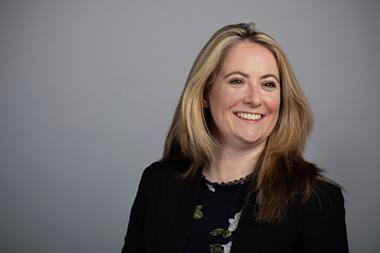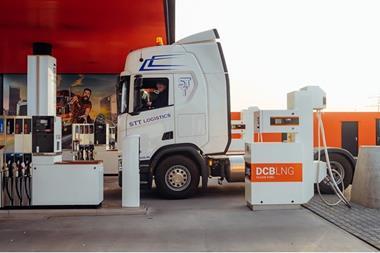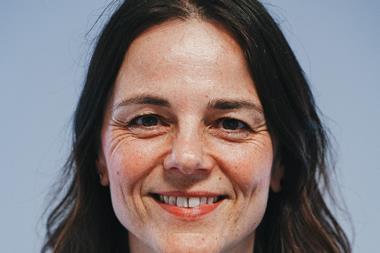Just for a moment, let’s forget the more pessimistic predictions about a ‘second wave’ of Covid-19, and instead look at where business is today.
As this is being written, statistics from the Department of Business, Energy and Industrial Strategy show that more than halfway through July overall fuel volumes had apparently recovered to 82% of pre-lockdown levels. We say ‘apparently’ because the comparison seems to use weekly average sales from a period of eight weeks prior to March 23 as the base figure – and it could be argued that a more realistic comparison would be to look at weekly fuel sales in July 2019, since many fuel retailers might suggest that late-January to mid-March isn’t a particularly busy time of year. An ‘educated guess’ would be that if directly comparable figures from July 2019 were used, the recovery is likely to be somewhat less than 82%.
Regardless of the technicalities, some commentators appear surprised that the recovery is only 82%. Perhaps they’ve been swayed by the pictures of packed beaches and tourist spots in the last few weeks, or by the thought that people are still largely shunning public transport in favour of getting into their cars.
As for people using their cars to commute to work, well maybe, but only those who have to go to work at all. Some anecdotal evidence suggests that quite a few previously office-based workers are being told by their employers not to expect to return to their offices until next year.
Given that background, it’s hardly surprising that the ‘recovery’ is only at 82%.
According to other recent figures, over a million small businesses have borrowed a total of around £33bn under the Bounce Back Loan scheme to help tide them over the disruption caused by Covid-19. This scheme allowed small companies to borrow between £2,000 and £50,000 (in theory – capped at 25% of annual turnover) from their bank for a period of up to six years; no interest charged or repayments required in the first 12 months, followed by a fixed 2.5% annual interest charge. The loan could be repaid at any time within the six-year period with no penalty charges for early repayment, and best of all the loans are unsecured as far as the borrower is concerned while being 100% guaranteed by the government as far as the bank is concerned. “Lovely jubbly,” as Del Boy might have said, but “take the money and run” might be more appropriate since, according to the Business Banking Resolution Service, some 43% of those who’ve taken out the loans don’t expect to ever have to repay them.
Blatant theft?
Not, it should be stressed, necessarily through intentional blatant theft – although there will undoubtedly be an element of that – but because many of these businesses were already in financial difficulty before Covid-19 struck. The loan may have helped keep them open for a while longer but when it comes to repaying the capital – let alone any interest – the money simply won’t be there. As far as the borrower is concerned, they’ll just close the business maybe a year or two later than they would have had to anyway, and the loan will remain outstanding. They’re assuming that because the loans are guaranteed by the government, the bank won’t be interested in chasing them personally for it, and the government will be too busy and/or inefficient to ever get around to doing anything to them.
Greater flexibility
While that’s not a basis on which we’d ever recommend taking out a loan, it seems that the Treasury is already concerned about the situation and is pressing politicians to extend the loan period to 10 years, and some business organisations are also calling for ‘greater flexibility’ – simply acknowledging that quite a large proportion of small businesses will not be able to repay the loans within the six year period even if they want to.
Unfortunately some of these businesses are also likely to be the same ones that took Job Retention Scheme money to retain furloughed staff throughout lockdown, and who are about to find that they can’t afford to make the required ‘contribution’ to furlough pay between now and the end of October. Quite possibly these are also the same businesses that have taken advantage of the VAT payment deferral. And that’s before any thoughts of the dreaded ‘second wave’ expected to hit us around the same time.
• For the latest detailed advice on matters like payroll, VAT and other financial assistance related to Covid-19 please contact us through our website, Facebook or LinkedIn and we’ll be glad to help.
EKW Group provides accounting and payroll solutions for independent petroleum and convenience dealers, including fully outsourced accounting options. 01942 816512 ekwgroup.co.uk

































No comments yet